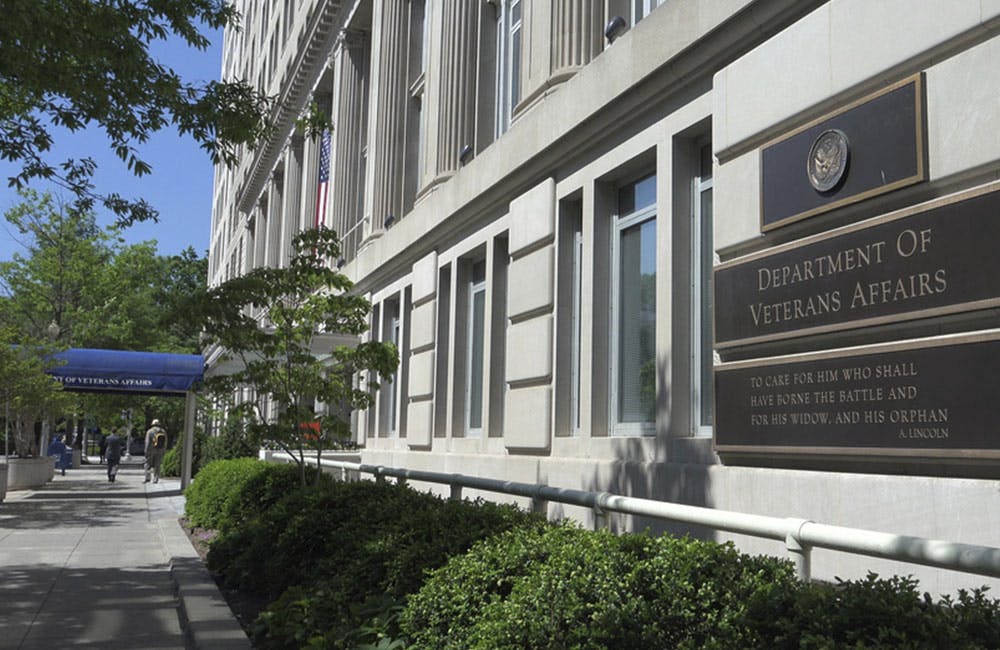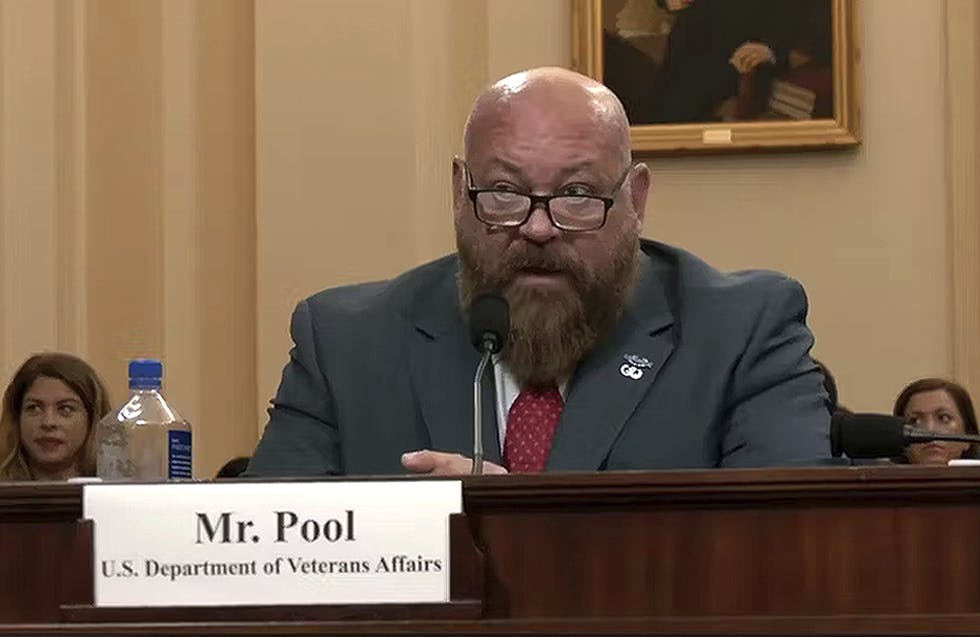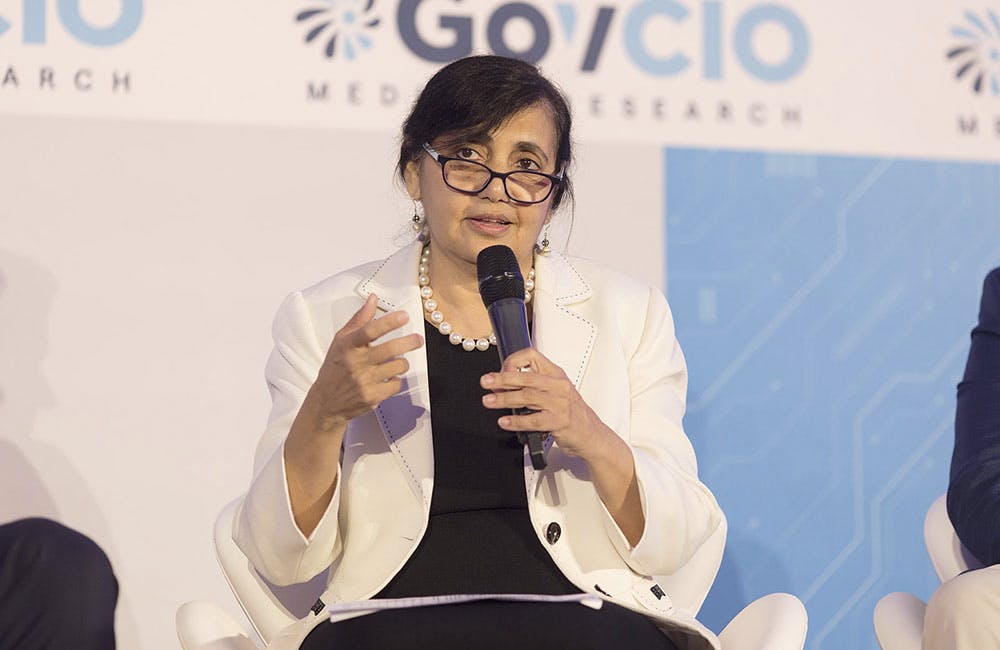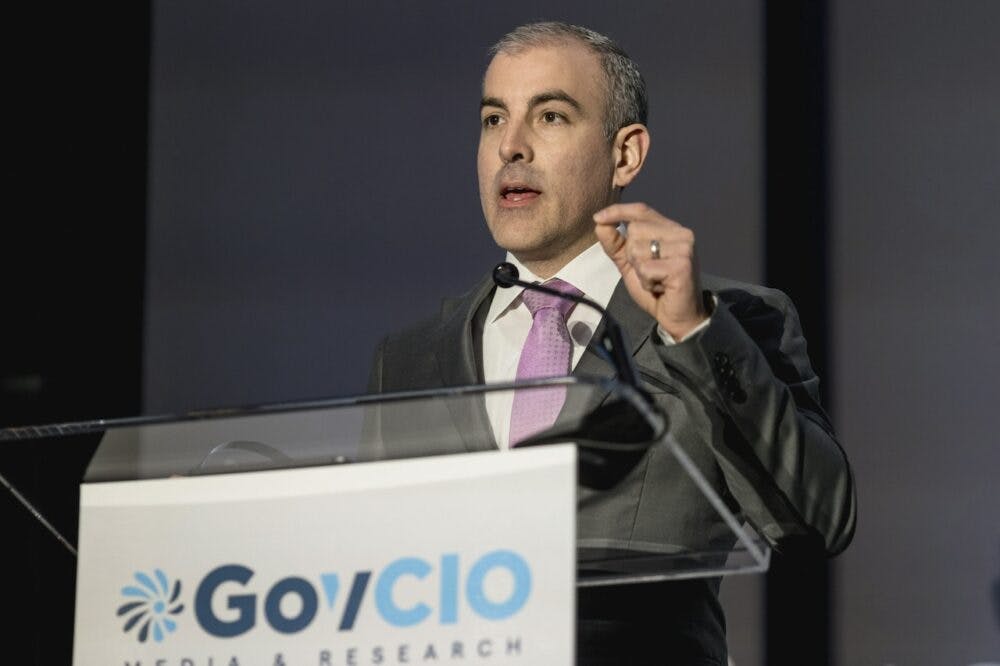Data Interoperability in Clinical Trials Will Help Put Patients First
The FDA wants to improve diversity in clinical trials as it outlined in new draft guidance open for public comment.

The Food and Drug Administration (FDA)’s newest diversity action plans for drug and device manufacturers announced a draft guidance prioritizes diversity in the later stages of clinical trials, a first step toward fulfilling requirements in the Congress’ Food and Drug Omnibus Reform Act (FDORA) passed in December 2022.
According to the guidance, the plans must include the sponsor’s goals for enrollment in the clinical study, disaggregated by race, ethnicity, sex and age group of the relevant study populations. Farid Vig, CEO and founder of Citizen Health, said the relationships between sponsors, patients, researchers and clinicians need consistent collaboration.
“There’s such promising technology, but you need years and years of follow-up after the study. Sponsors say we have no idea how to do that, and they drop the program,” Vig said.
Clinical trial sponsors must also give a rationale for the goals of the trials and explain how they intend to meet them. ARPA-H director Renee Wegrzyn described how her agency plays a role in clinical trials, despite not being a traditional partner. The agency, she said, will act as a voice for the customer and advocate for better customer experience and health outcomes in research.
Wegrzyn pointed to the ADvanced Analysis for Precision cancer Therapy (ADAPT) program as an example of advocating for customers to be heard. Patients’ tumors change or become resistant to treatment over time, but changes to the treatment plan are not commonly driven by tumor biology data.
“[ADAPT allows] rethinking of how you have a clinical trial that adapts along with the patient as their tumors adapt. You would think that would be a common practice, but it isn’t,” Wegrzyn said.
National Coordinator for Health Information Technology and Department of Health and Human Services Acting CAIO Micky Tripathi said public-private partnerships will be crucial to data interoperability. Tripathi also noted that a final rule related to information blocking made June 24 in the 21st Century Cures Act requires provider organizations “to share all electronic health information with other authorized parties, including for research.”
“We can’t do this without public-private engagement. That’s in everything from the standards that we work on together … to the nationwide interoperability networks that require private participation,” Tripathi said.
Wegrzyn also highlighted the importance of maintaining partnerships between patients, clinical trial centers and others. Wegrzyn said building relationships can help leave an infrastructure for the future.
“We may work with one center for an osteoarthritis trial, but the next time we work with that center might be for a cancer trial,” Wegrzyn said. “By really planting those seeds to create a routed network we, as an agency, can use well into the future after my term limit is up.”
This is a carousel with manually rotating slides. Use Next and Previous buttons to navigate or jump to a slide with the slide dots
-

VA's Platform One Powers Rapid Innovation to Bolster Digital Services
VA's Platform One accelerates software development timelines from weeks to hours, ultimately enhancing digital services for veterans.
5m read -

Doing More with Less is Muscle Memory for IRS, Former Deputy CIO Says
Darnita Trower discusses her experience, the legacy she’s left behind and how she pushed the IRS to modernize itself,
20m watch -

Opinion: Original Intelligence Is the Missing Piece for AI Transformation
Limitations of AI agents and development drive growing needs for workforce development and "original intelligence."
3m read -

VA CIO Targets Modern IT and Smarter Workforce Alignment
Agency leaders told lawmakers they are focused on trimming legacy systems and restructuring its workforce to streamline operations.
3m read -

The Next AI Wave Requires Stronger Cyber Defenses, Data Management
IT officials warn of new vulnerabilities posed by AI as agencies continue to leverage the tech to boost operational efficiency.
5m read -

Federal CIOs Push for ROI-Focused Modernization to Advance Mission Goals
CIOs focus on return on investment, data governance and application modernization to drive mission outcomes as agencies adopt new tech tools.
4m read -

Agencies Push Data-Driven Acquisition Reforms to Boost Efficiency
New initiatives aim to increase visibility of agency spending, improve data quality and create avenues to deploy solutions across government.
5m read -

Data Transparency Essential to Government Reform, Rep. Sessions Says
Co-Chair of the Congressional DOGE Caucus Rep. Pete Sessions calls for data sharing and partnerships to reduce waste and improve efficiency.
5m read -

Trump Executive Order Boosts HBCUs Role in Building Federal Tech Workforce
The executive order empowers HBCUs to develop tech talent pipelines and expand access to federal workforce opportunities.
3m read -

DOD Can No Longer Assume Superiority in Digital Warfare, Officials Warn
The DOD must make concerted efforts to address cyber vulnerabilities to maintain the tactical edge, military leaders said at HammerCon 2025.
4m read -

DHA CDAO Spearheads Master Data Catalog to Boost Transparency
Jesus Caban plans to boost DHA's data maturity through a new master data catalog, governance frameworks and inventory of tech tools.
5m read -

IHS Prepares to Deploy PATH EHR at Pilot Sites in 2026
IHS targets PATH EHR pilot in 2026, emphasizing governance, collaboration and interoperability as key pillars of the modernization strategy.
4m read
















